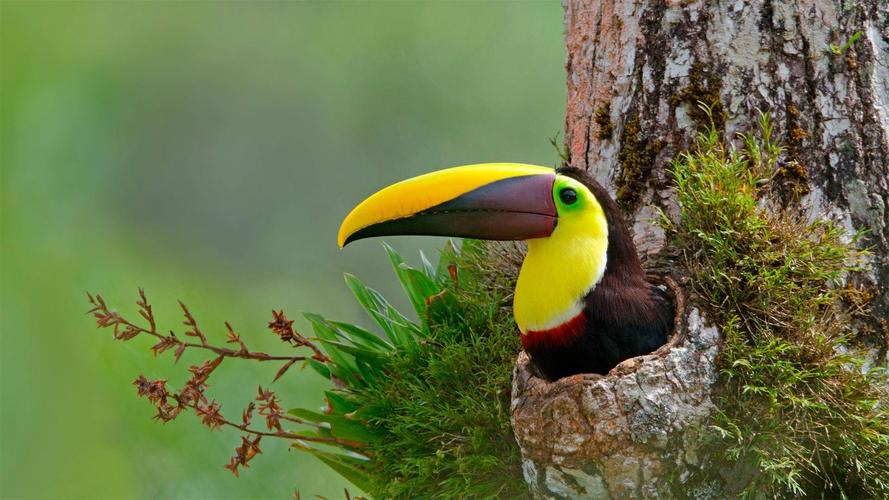Preserving the Authenticity of Xhosa Cultural Traditions in Modern Times
The Xhosa are one of South Africa’s largest ethnic groups, with a rich and unique cultural heritage. From their language to their customs and beliefs, the Xhosa have long been recognized for their distinctive way of life. As the world continues to evolve and modernize, however, the Xhosa culture faces a new challenge: preserving its authenticity in the face of change.
The struggle to maintain traditional values and customs in the face of globalization and cultural integration is not unique to the Xhosa. Many cultures across the world face similar challenges. However, the Xhosa stand out because of their deep-rooted traditions and practices.
One of the most significant challenges for the Xhosa in modern times is the preservation of their language. The Xhosa language is an essential part of their identity, and it helps to maintain their cultural heritage. However, due to the rise of English as the dominant language in the world, many young people are now more comfortable speaking English than Xhosa. As a result, there’s a risk that the Xhosa language could disappear entirely, along with the cultural traditions it supports.
Another challenge is the modernization of Xhosa customs and beliefs. As technology and globalization continue to spread, the younger generation is less interested in or less attached to traditional practices. This attitude poses a threat to many of the traditional customs that have been passed down from generation to generation.
To preserve the authenticity of Xhosa cultural traditions, it is essential to find ways to engage younger generations. This can be done by creating more opportunities for young people to learn about and participate in traditional practices. For example, Xhosa schools could integrate more cultural teachings into their curriculum, teaching children about the importance of their language and traditional rites of passage.
In addition, technology can be an ally in preserving Xhosa traditions. For example, virtual reality and augmented reality could be used to create immersive experiences that allow people to participate in traditional Xhosa rituals and other cultural activities. This technology could also be used to create educational resources that teach young people about Xhosa culture in an engaging way.
Finally, it is essential to recognize and celebrate the unique contributions of Xhosa culture to the world. By promoting Xhosa art, literature, music, and other cultural expressions, we can help to raise awareness about the importance of preserving this rich cultural heritage.
In conclusion, the challenge of preserving the authenticity of Xhosa cultural traditions in modern times requires a multi-faceted approach that involves engaging young people, using technology, and promoting cultural expressions more broadly. By working together, we can help to ensure that the Xhosa culture remains a vibrant and essential part of South Africa’s cultural landscape for generations to come.
(Note: Do you have knowledge or insights to share? Unlock new opportunities and expand your reach by joining our authors team. Click Registration to join us and share your expertise with our readers.)
Speech tips:
Please note that any statements involving politics will not be approved.
